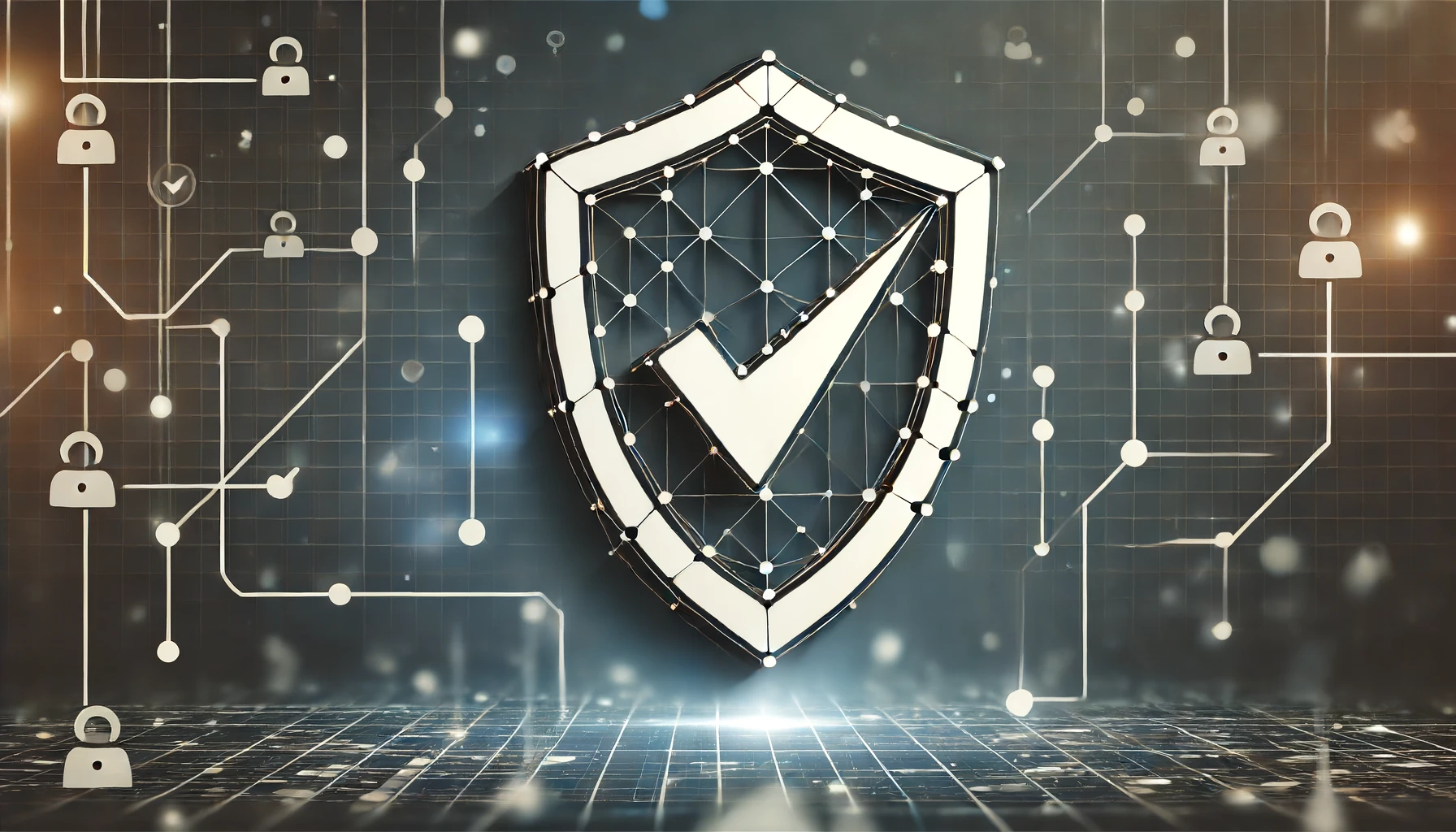Commitment to Countering Disinformation
As the 2024 presidential campaign gains momentum, concerns about political misinformation are intensifying. Amid these challenges, the University of Washington’s Center for an Informed Public (CIP) remains steadfast in its mission to monitor and combat disinformation online, despite the recent turmoil affecting similar efforts at Stanford University.
The CIP, co-founded by Kate Starbird, has a team of about 20 researchers dedicated to tracking and addressing online rumors and disinformation campaigns. “Our UW team has been doing research on online rumors and disinformation campaigns for over a decade, and that work will continue,” Starbird stated via email. This commitment includes the continuation of their ‘rapid’ research initiatives, aimed at quickly identifying and addressing emergent rumors during the ongoing election cycle.
Context and Background
The University of Washington and Stanford University were key players in the Election Integrity Partnership, a nonpartisan coalition that monitored political misinformation during the 2020 election. The coalition also included the Digital Forensic Research Lab and social media analytics firm Graphika. Their work focused on addressing harmful activities that threatened the democratic process, such as voter suppression and the dissemination of false election results.
However, recent reports from tech news site Platformer reveal that the Stanford Internet Observatory, a crucial part of this coalition, is reportedly dismantling. This decision comes amid lawsuits and political pressure from conservative groups and Republican leaders, who have aimed to discredit the efforts of these research institutions.
The Election Integrity Partnership ceased operations after the 2022 midterm elections. Nonetheless, the CIP remains active and continues to play a crucial role in safeguarding election integrity by rapidly communicating findings on emergent rumors.
Challenges and Future Outlook
The CIP’s perseverance is particularly notable given the legal and political pressures faced by institutions involved in combating disinformation. In 2021, the right-wing activist group Project Veritas filed a defamation lawsuit against UW and Stanford, which was dismissed by a federal judge in 2022. Another lawsuit, alleging censorship of Americans’ speech, was also filed against specific leaders from these institutions.
The impact of these pressures is evident at Stanford, where key leaders have departed, and the future of the Stanford Internet Observatory remains uncertain. Renée DiResta, a notable figure from the Observatory, has left her role and joined TrueMedia, a Seattle-based organization focused on detecting political deepfake content.
Despite these setbacks, the CIP continues to thrive. Kate Starbird was recently awarded the prestigious 2024 University Faculty Lecture Award, recognizing her significant contributions to her profession and society.
Personal Perspective
From my point of view, the ongoing efforts of the CIP are crucial for maintaining the integrity of democratic processes. Their commitment to rapid response and communication about disinformation can help mitigate the harmful effects of false narratives on public opinion and voter behavior.
However, the challenges faced by these institutions highlight the broader issue of political interference in academic and research activities. The targeting of disinformation researchers by political groups underscores the contentious nature of their work and the importance of supporting and protecting these efforts.
As I see it, the dismantling of the Stanford Internet Observatory is a setback for the collective efforts against disinformation. Nevertheless, the CIP’s determination and resilience offer hope. Their continued work is vital in an era where the spread of misinformation can have profound implications for democracy.
In conclusion, the CIP’s ongoing research and rapid response initiatives are essential in the fight against political misinformation. As the 2024 election approaches, their efforts will be critical in ensuring that voters have access to accurate and reliable information. The challenges they face only underscore the importance of their mission and the need for continued support and protection of academic freedom in the pursuit of truth.






